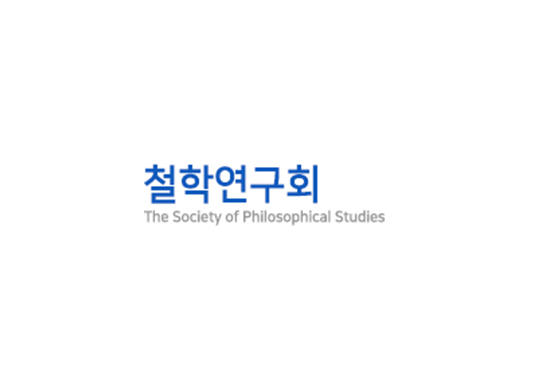헤겔의 철학적 심리학과 무의식의 존재론
Hegel’s Philosophical Psychology and Ontology of the Unconscious
오지호
서울대학교 철학과
철학연구
2024, vol., no.145, pp. 1-28 (28 pages)
철학연구회
초록
『철학대계』의 주관정신철학은 헤겔의 철학적 심리학이 개진되는 곳이며, 제1부인 「인간학」에서 헤겔은 영혼이라는 주제 아래 마음이라는 대상을 그것의선-반성적이고 비-의식적인 존재의 차원에서 다룬다. 헤겔은 또한 광기(Verrücktheit) 를 영혼 발전의 핵심 단계로 주제화하면서 여러 정신병리적 현상들을 비의식적 자아와 의식적이고 이성적인 자아의 모순적 병존 및 비의식적 자아의 주관적 내면으로의 퇴행에서 기인하는 것으로 해명한다. 헤겔의 광기론은 이렇게 인간의 마음이라는 실체를 비의식적 요소와 의식적 요소 사이의 역동적 갈등 관점에서 다룬다는 점그리고 또 퇴행의 측면에서 정신병리적 현상들을 다룬다는 점에서 프로이트 정신분석학의 통찰을 공유하는 것으로 평가할 수 있다. 그러나「인간학」에서 헤겔이 시도하는 것은 정신병리적 현상에 대한 의학적 설명이 아니라 ‘철학적’ 해명이기 때문에 헤겔의 광기론을 프로이트의 정신분석학을 준거점으로 삼아 이해하는 것은 적절하지 않다. 본고는 이러한 문제의식하에 헤겔의 광기 분류를 당대 정신의학자인 피넬의 광기 분류와 비교 분석하면서 헤겔의 광기론 및 무의식론은 인륜성 이론을 중심으로 한 정치철학적이고 역사철학적인 지평 위에서 이해되어야 한다고 주장한다.
In the Anthropology section of the 1830 Encyclopedia, Hegel considers the mind in terms of a pre-reflective, non-conscious being. He further deals with various forms of madness(Verrücktheit) experienced by this soulful substance as a necessary stage in the development of the soul and asserts that they occur due to the contradictory coexistence of the non-conscious and conscious self, as well as the insane’s regression to his subjective inside. In view of his idea of the dynamic conflict between the non-conscious and conscious aspects of the mind, and of the regression, we can evaluate his theory of madness as sharing insights of Freudian psychoanalysis. However, this paper claims that Hegel’s theory of madess goes beyond the framework of Freud’s psycholanalysis because it pursues a “philosophical” understanding of mental disorders rather than a medical theory. To demonstrate this, the paper compares Hegel’s classification of mental disorders with Pinel’s and argues that Hegel’s theory of madness and unconsciousness should be understood within the framework of this theory of ethical life, taking into account its politico-historical philosophical dimension.

